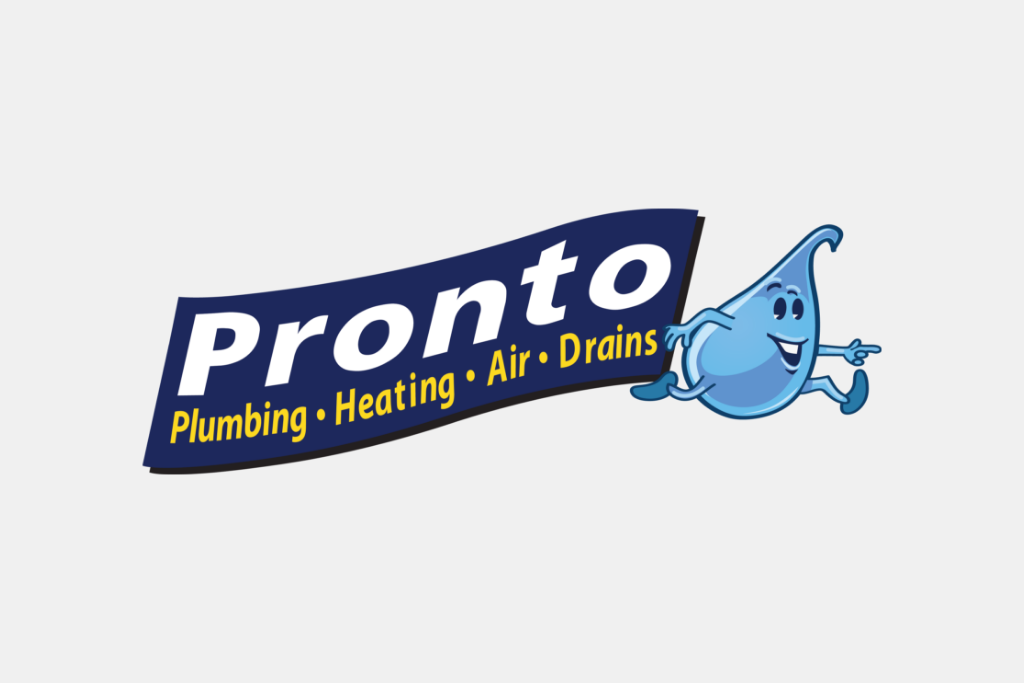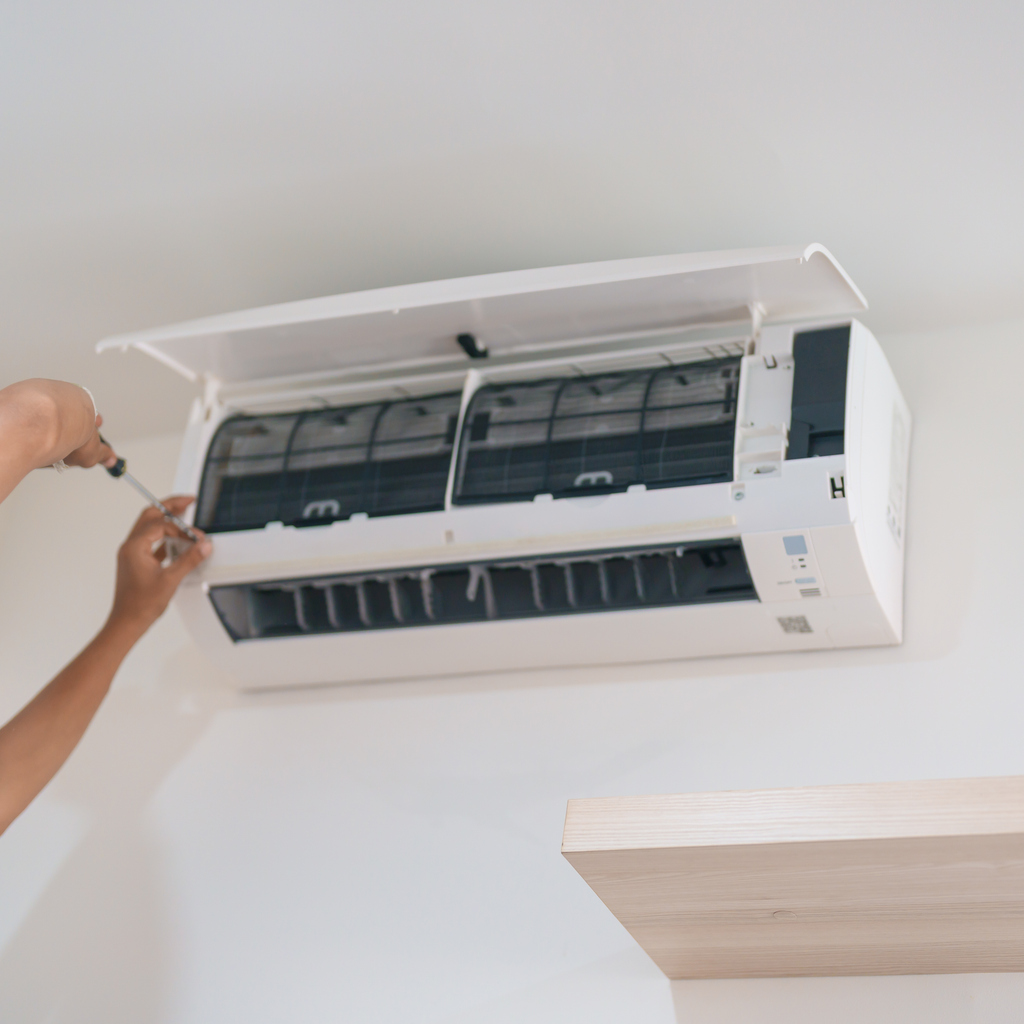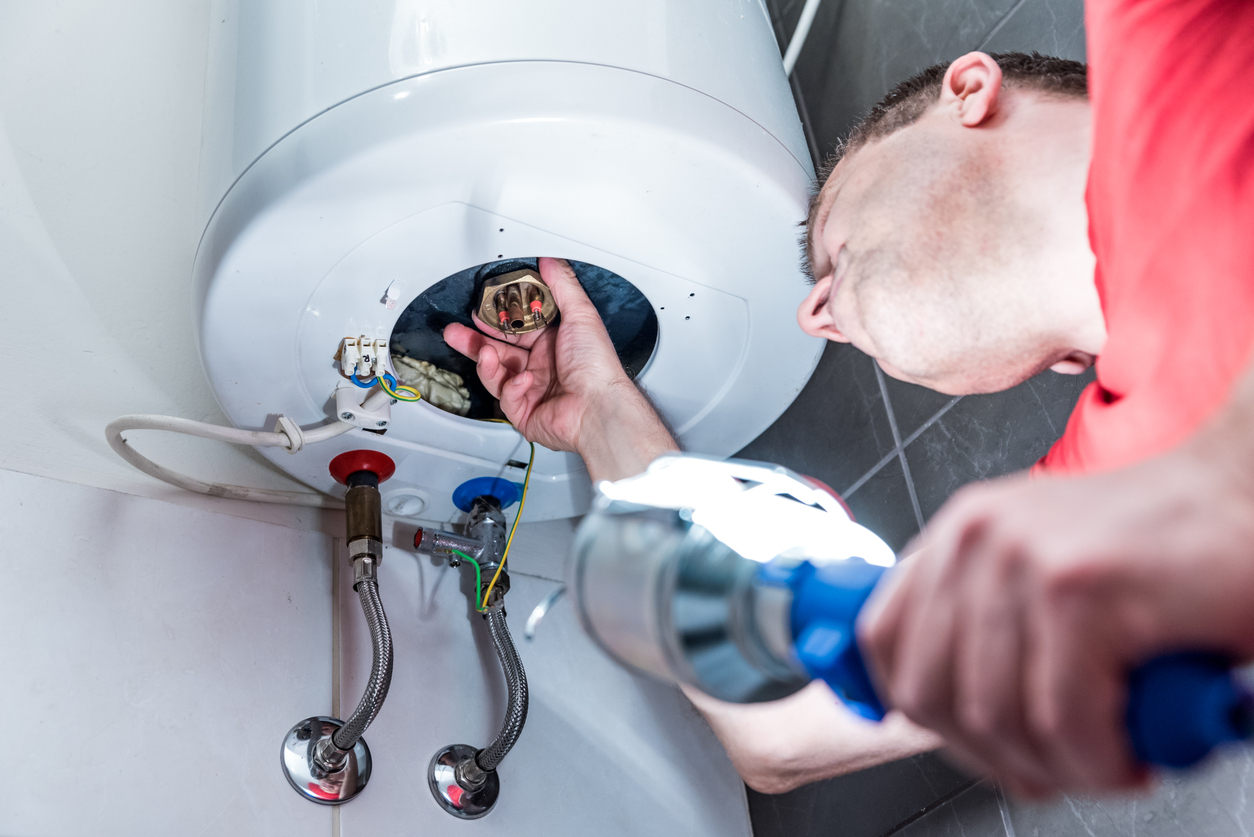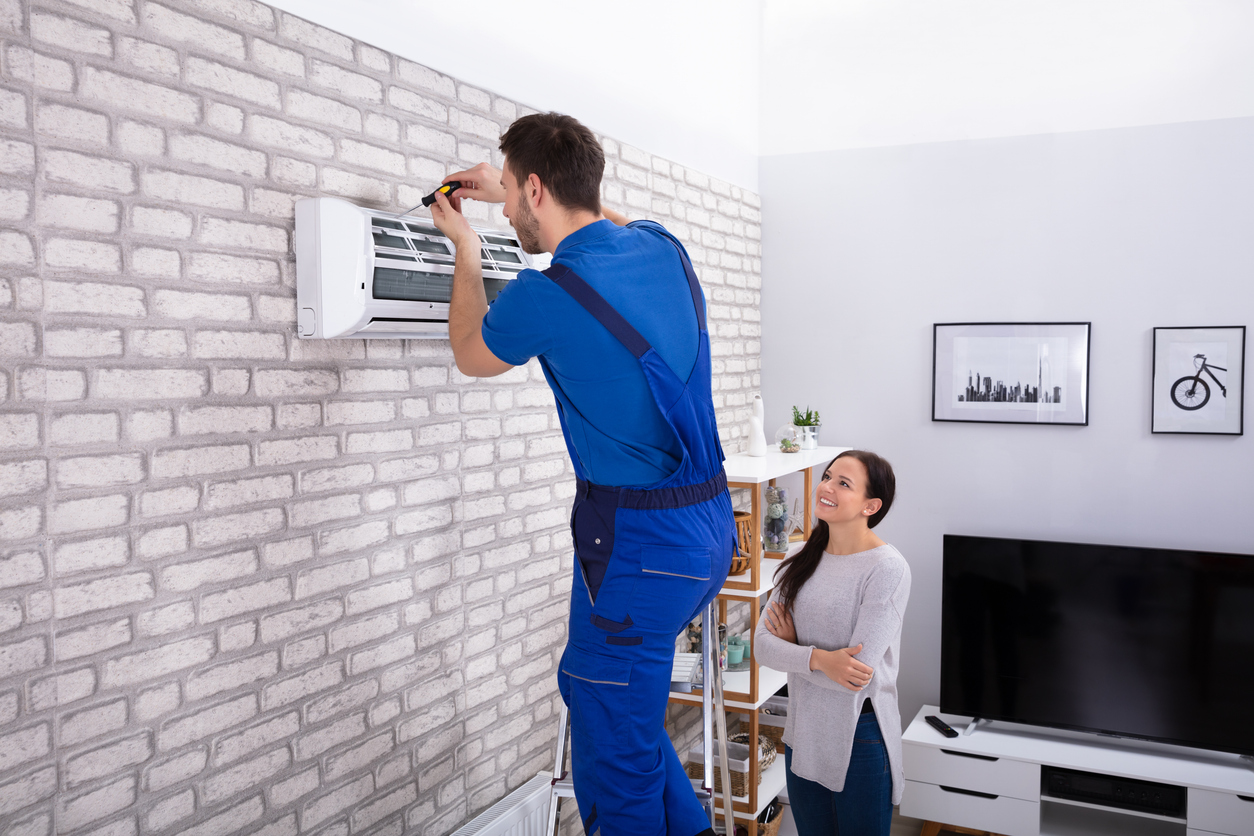5 Tips to Pretect Your Drain Line
To help you keep your drain line working smoothly for years to come, the SECCO team has amassed some protection tips. Follow them to ensure your investment remains as trouble-free as possible.
Tip #1: Here is what you should NEVER send down the drain!
Did you know that not everything that can go down the drain should go down the drain? In fact, most homeowners are guilty of sending items into the sewer that could cause serious damage to interior or exterior pipes.
From the bathroom to the kitchen, we’ve put together a laundry list of what not to flush, pour or discard down your drains:
- Animal/fish bones or skin*
- Anti-freeze
- Bandages
- Bits of food*
- Cigarettes
- Coffee grounds*
- Cotton balls
- Diapers
- Egg shells*
- Facial tissues
- Feminine hygiene products
- Flushable cat litter
- Gasoline or kerosene
- Grease/oils (e.g., meat fats, cooking oil, butter, margarine) *
- Human or animal hair (use drain traps to catch particles)
- Motor oil
- Nail polish or nail polish remover
- Paint and paint thinner
- Paper towels
- Pasta*
- Pharmaceuticals (over-the-counter or prescription)
- Potatoes or potato peelings*
- Rice*
- Toxic and corrosive substances
- Transmission fluid* Do not send these items down the drain even if you have a garbage disposalTip #2: Clean your drain lines using “friendlier” cleansing solutions.
There are some cleaning products that are very caustic and will cause damage over time to your drain lines. But before you begin to worry about what you’re using to clean your toilets, sinks, tubs and more, be assured that there are also many mild products on the market; in fact, you may already be choosing a good one.
If you’re not sure that what you’re using will be friend or foe to your new drain line, take the following into consideration before you scrub, scour or bleach:- Just because a product is using “new technology”, don’t assume it will work better than “greener” options that have been chosen for years. For instance, baking soda will cause no harm to your pipes, and it (when mixed with a gentle detergent) can make a great cleaning solution. It’s also very inexpensive. (Sure, you’ll need a little bit of “elbowgrease” to get the job done, but we like to consider that as part of our exercise for the day!)
- Vinegar has been used as a standard cleaner for over a century, and it’s still used as an ingredient in many of the popular “high-powered” cleaners today. Like baking soda, vinegar is cost-effective and will work to cleanse your sinks, bathtubs and toilets without harming your pipes.
- If you’d like to try more advanced technologies, opt for enzyme-based cleaners. They contain bacteria and are specifically used to clean out pipes, as they break down organisms.
Tip #3: Check your p-traps regularly.
Because of their shape, p-traps are often where residue settles, leading to clogs and sometimes (depending upon the materials) pipe corrosion.
As a homeowner, it’s important to check the p-traps that are easily located (such as under sinks) for any signs of leaking or clogging every six months or so. If you find problems, fix them or have them fixed promptly.Tip #4: If you have a septic system, have it inspected and pumped regularly.
Have you ever had a backed-up septic system? It’s not a pretty sight (or smell!)
Don’t wait for a problem to creep up. Inspect and pump your septic system regularly. (How often you’ll need to have it serviced will depend upon the model that you have.) Doing so will help extend the life of your drain lines, as well as minimize the costs associated with any repairs.Tip #5: When it doubt, call in a professional!
If you’re having difficulty with your drains, and you’ve tried some (mild) home remedies, contact Pronto Plumbing at (717) 533-1057 before going further.
The issue may be something very small, or it could be complex, but without a professional’s feedback, you will be taking stabs in the dark. That just wastes precious time. Besides, why not relax and let an expert handle the tough stuff?






